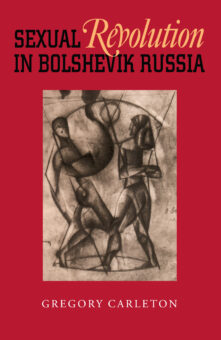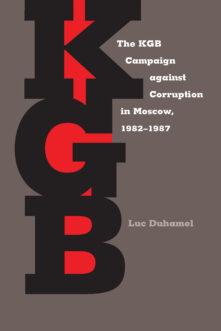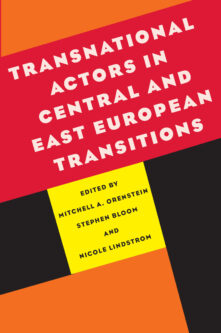Search Results
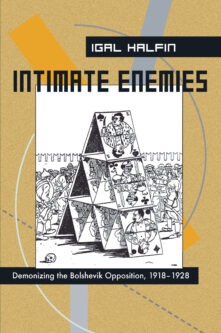

Intimate Enemies
Demonizing the Bolshevik Opposition, 1918-1928
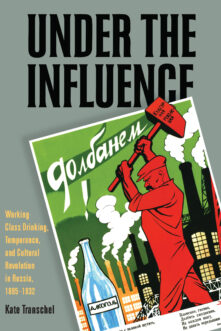

Under the Influence
Working-Class Drinking, Temperance, and Cultural Revolution in Russia, 1895–1932
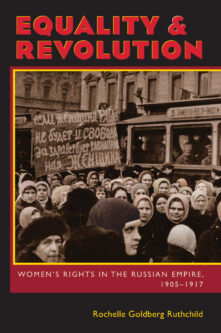

Equality and Revolution
Women's Rights in the Russian Empire, 1905–1917
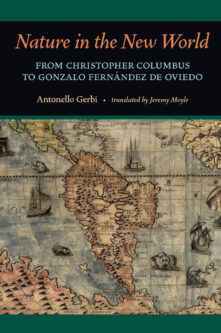

Nature in the New World
From Christopher Columbus to Gonzalo Fernández de Oviedo
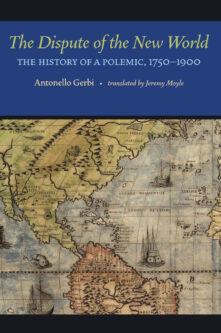

The Dispute of the New World
The History of a Polemic, 1750–1900
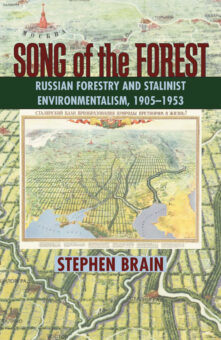

Song of the Forest
Russian Forestry and Stalinist Environmentalism, 1905–1953
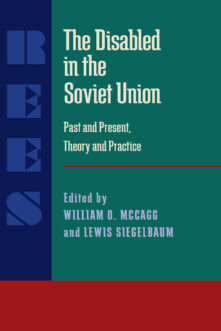

The Disabled in the Soviet Union
Past and Present, Theory and Practice
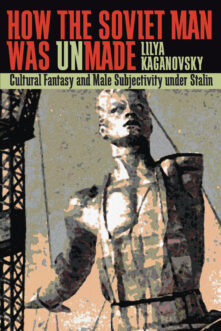

How the Soviet Man Was Unmade
Cultural Fantasy and Male Subjectivity under Stalin
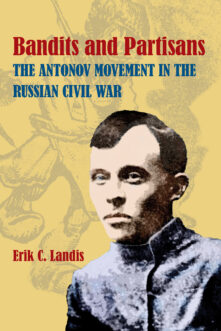

Bandits and Partisans
The Antonov Movement in the Russian Civil War
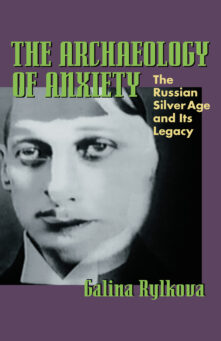

The Archaeology of Anxiety
The Russian Silver Age and its Legacy
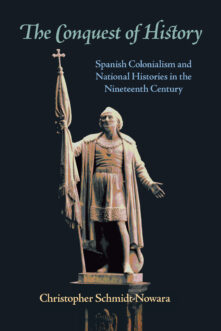

The Conquest of History
Spanish Colonialism and National Histories in the Nineteenth Century
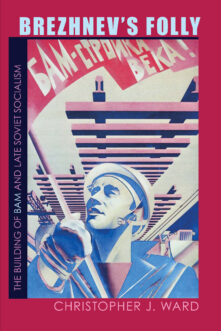

Brezhnev’s Folly
The Building of BAM and Late Soviet Socialism
Your search for "Urban Rivers : Re-making Rivers, Cities and Space in Europe and North America" returned 616 results


